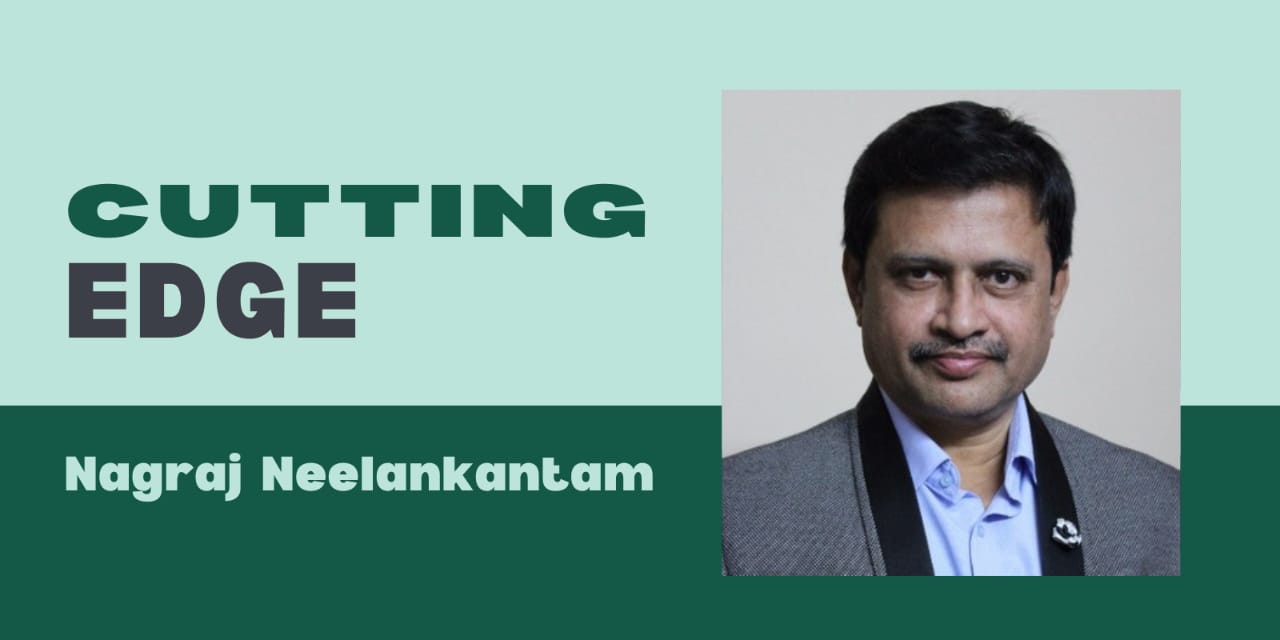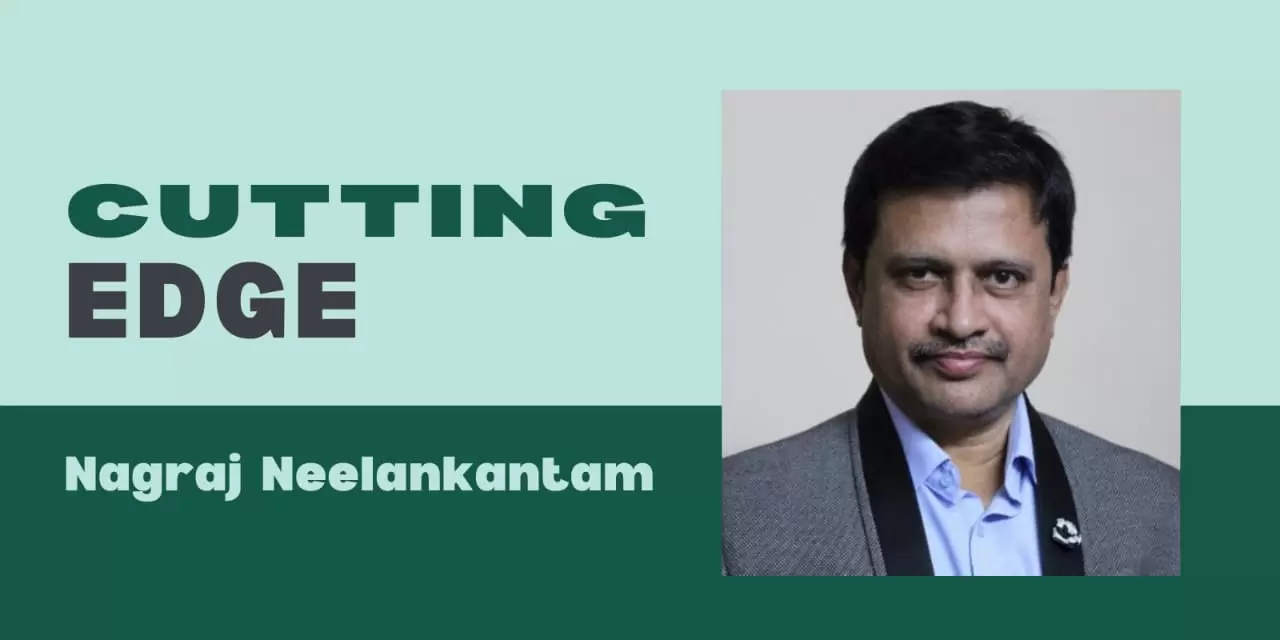In an era marked by geopolitical churn, moral ambiguity, and institutional fatigue, Bharat rises not as a claimant of global dominance but as a custodian of timeless wisdom. At the confluence of ancient Dharma and contemporary statecraft, it offers the world not sermons, but a living example. Its aspiration to become Vishwa Guru stems not from imperial ambition, but from civilizational continuity, inner resilience, and inclusive consciousness.
As the global order teeters under the weight of ethical voids and volatile alliances, Bharat steps forward not with a clenched fist, but with an open hand, offering balance, clarity, and a humane approach to progress. Its emergence is anchored in a unique governance model that marries strategic acumen with spiritual depth—a collective leadership forged in the crucible of modern challenges but inspired by eternal ideals.
At the core of this national renaissance stands Prime Minister Narendra Modi, whose leadership transcends transactional governance. He is not merely running a government; he is sculpting a new Indian ethos—one where tradition coexists with innovation, and spirituality reinforces statecraft. The team he has curated reflects not just administrative expertise, but a shared sense of mission rooted in Bharat’s civilizational identity.
Each pillar of this leadership ensemble plays a vital role in Bharat’s ascent:
- Dr. S. Jaishankar, through a confident and decolonised foreign policy, dismantles outdated paradigms and asserts Bharat as a voice of balance, especially for the Global South. His strategic diplomacy speaks not the language of appeasement, but of cultural and national self-respect.
- Rajnath Singh, calm and resolute, anchors the nation’s defence doctrine—prioritizing strategic autonomy while pursuing peace through strength. His leadership reinforces the idea that security and restraint are complementary, not contradictory.
- Amit Shah, architect of internal consolidation, combines constitutional precision with firm political will. From Article 370 to national integration, his reforms are marked by clarity, courage, and long-overdue corrections.
- Nirmala Sitharaman has reimagined economic policy, steering Bharat through global headwinds with composure. Her balance of fiscal prudence and inclusive growth reflects a distinctly Indian economic philosophy—resilient, self-reliant, and compassionate.
- Dharmendra Pradhan, through the National Education Policy, has sown the seeds for a future-ready Bharat that remains anchored in its cultural roots. His vision fuses Bharatiya knowledge systems with global competitiveness, creating empowered citizens over mere job-seekers.
- Yogi Adityanath, in transforming Uttar Pradesh, demonstrates how disciplined governance rooted in Dharma can deliver tangible progress. His model blends development with cultural renaissance, making tradition an ally of modernity.
- Smriti Irani, steadfast and articulate, embodies cultural integrity and progressive reform. Her unapologetic defence of Sanatana Dharma on global platforms and focus on women and child welfare place her at the heart of Bharat’s social reawakening.

What unites this leadership is not just policy synergy, but a shared philosophy. This is governance that flows from conviction, not convenience; from inner clarity, not borrowed ideologies. It is a model where ministers are not mere administrators, but domain transformers—empowered to act, aligned to vision, and accountable to purpose.
PM Modi’s governance ethos is deeply intuitive—policies like Jan Dhan, Swachh Bharat, and Vocal for Local are not just programs; they are movements infused with moral clarity and rooted in Dharma. His international diplomacy, too, is guided not by opportunism, but a sense of global stewardship—be it Vaccine Maitri or climate leadership.
In this framework, leadership is not competitive but complementary. Ministries do not operate in silos but in symphony—an ecosystem where execution mirrors ethos, and ambition is tethered to ethical responsibility.
Bharat’s ascent, thus, is no accident. It is architected—deliberate, values-driven, and civilizationally anchored. As global institutions falter and ideological certainties dissolve, Bharat offers a compelling alternative: one where power is tempered by principle, development by dignity, and assertion by compassion.
The Vishwa Guru narrative is not about geopolitical domination—it is about moral direction. Bharat seeks not to rule the world, but to inspire it. It does not impose models but exemplifies them, offering a way of being that integrates coexistence, justice, and sustainability.
This is not an empire builder, but a consciousness-awakener. Not a hegemon, but a harmonizer. Not a threat, but a torchbearer.
From civilizational introspection to global engagement, Bharat’s story today is unfolding with conviction and grace. Its leadership exemplifies the ideals the world now desperately needs—clarity amid confusion, strength in service, and unity through diversity.
Under Prime Minister Modi’s visionary leadership, supported by a team that thinks as one and acts with purpose, Bharat is not waiting to be crowned Vishwa Guru. It is already becoming one, with humility, resilience, and an unwavering moral compass.
In the chronicles of tomorrow, Bharat will not be remembered merely for its rise, but for how it helped others rise with it.





